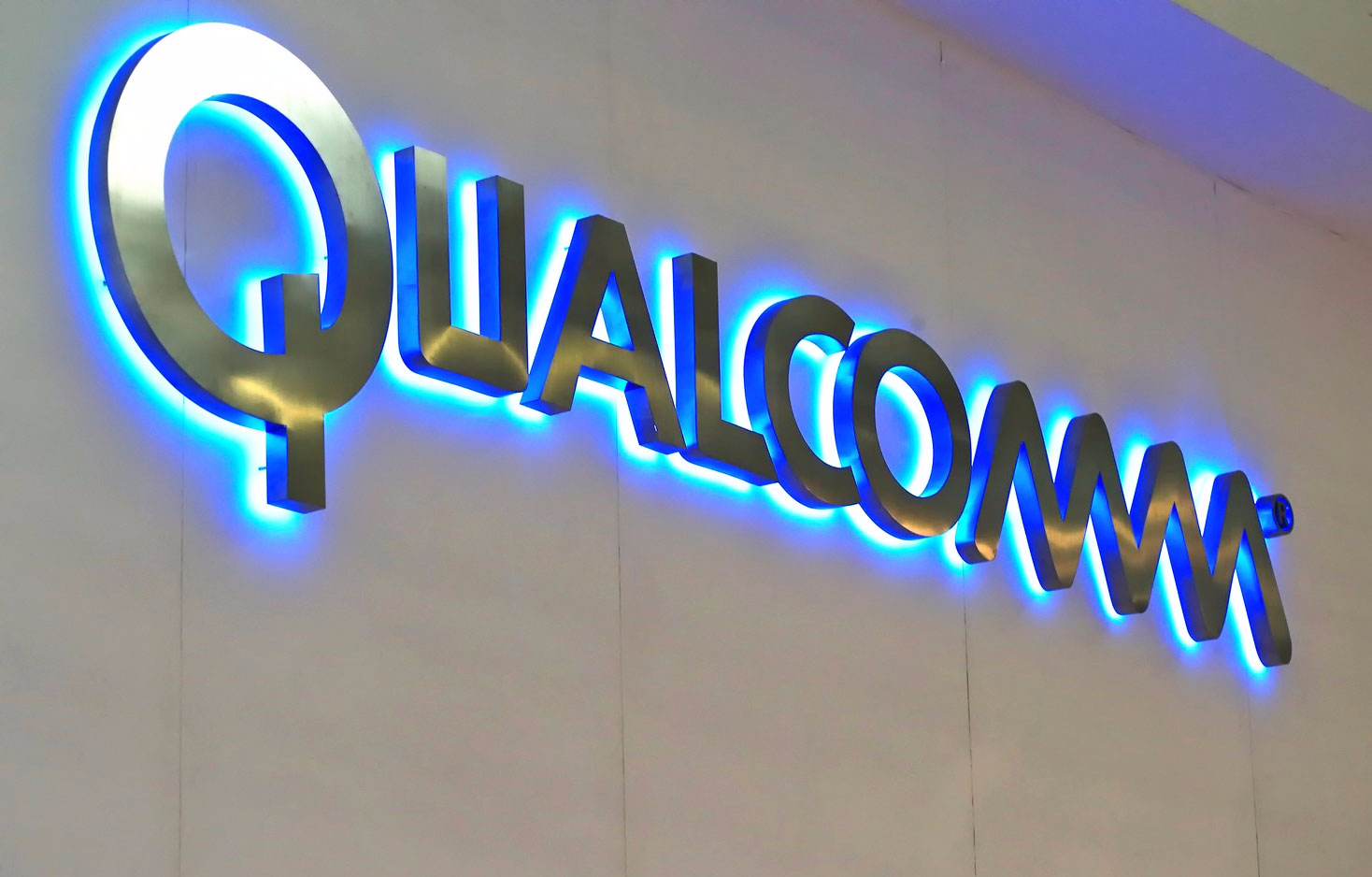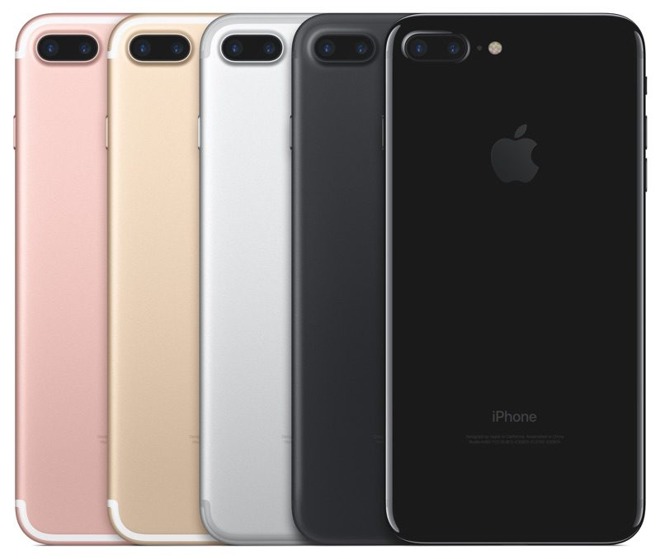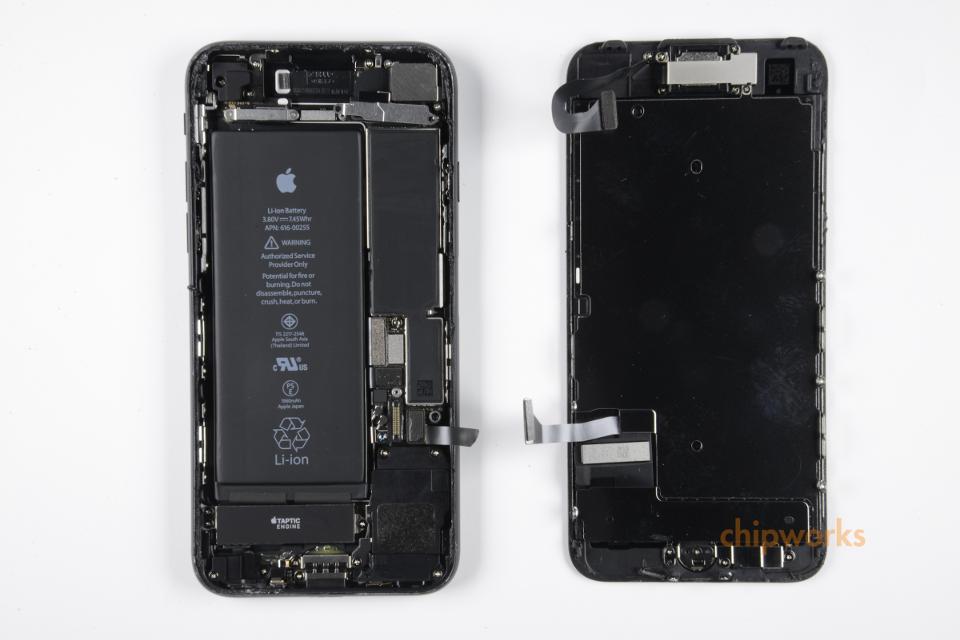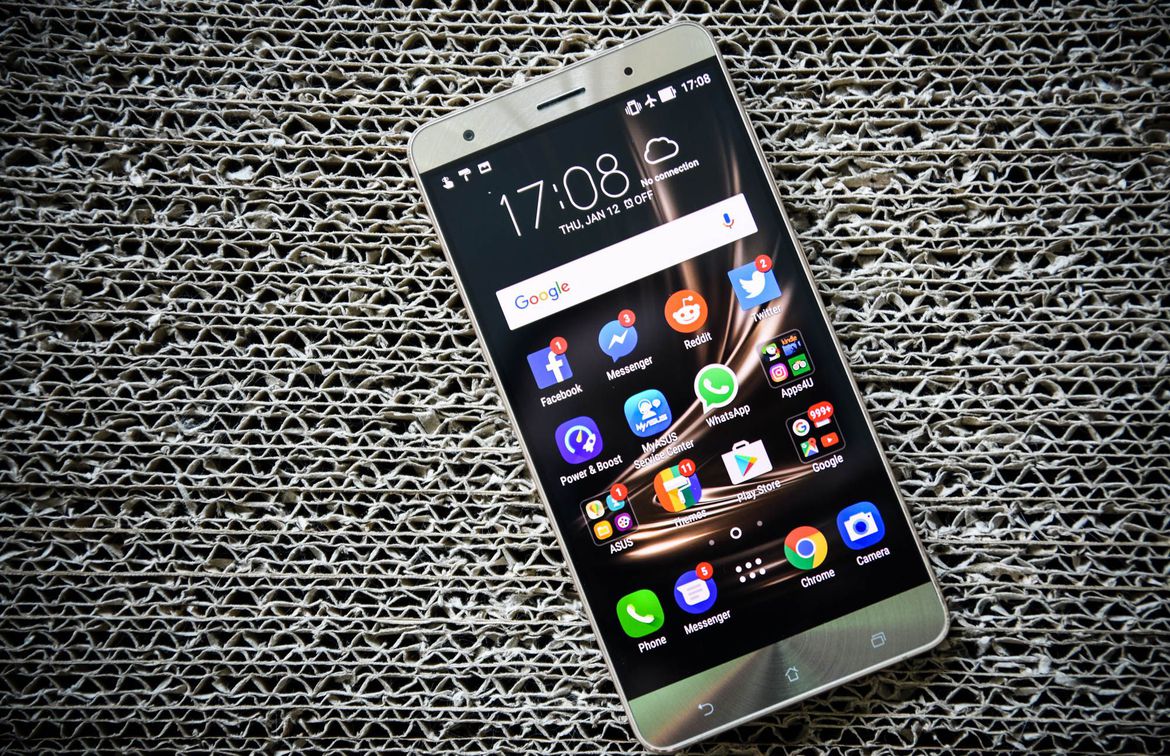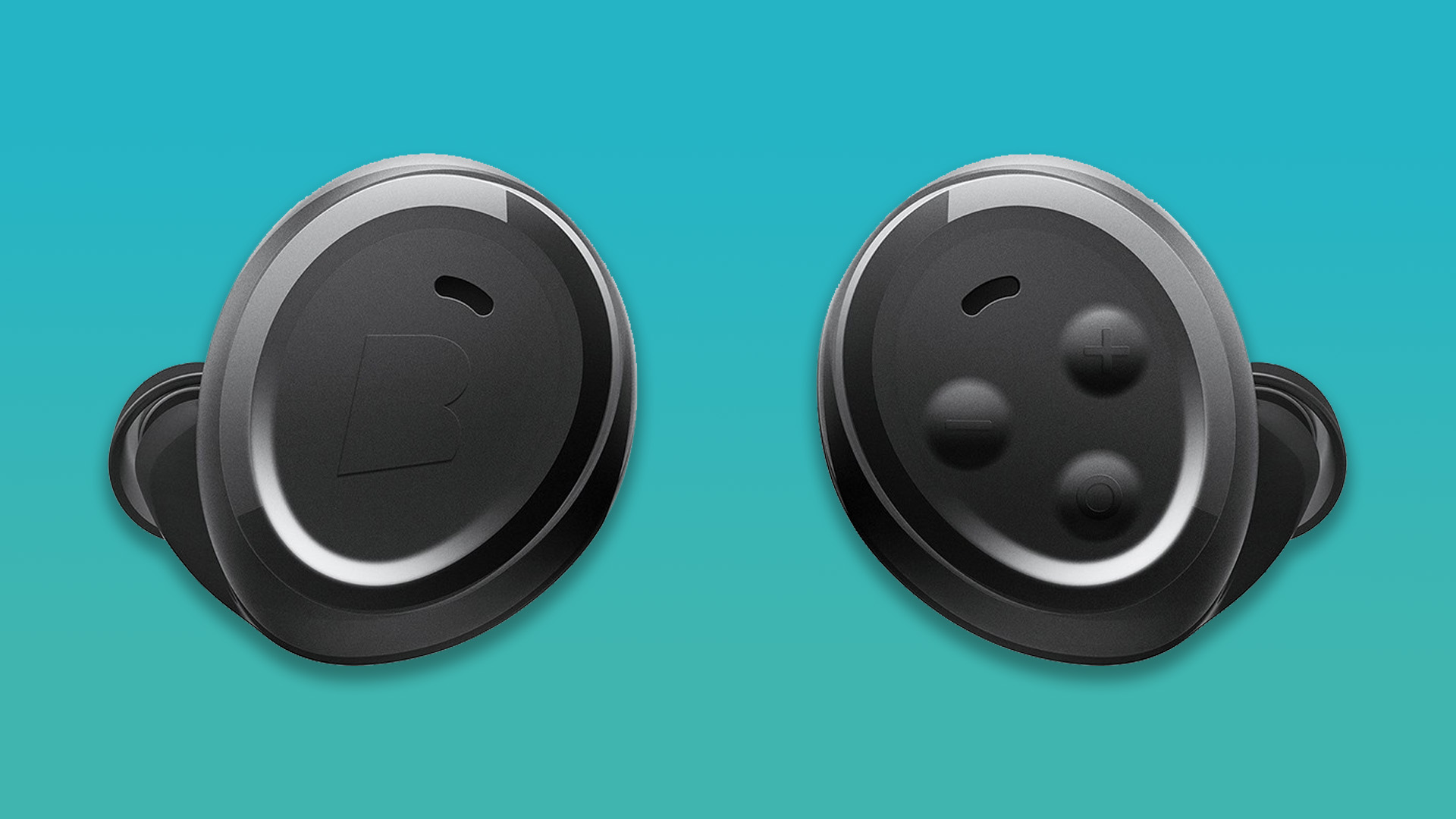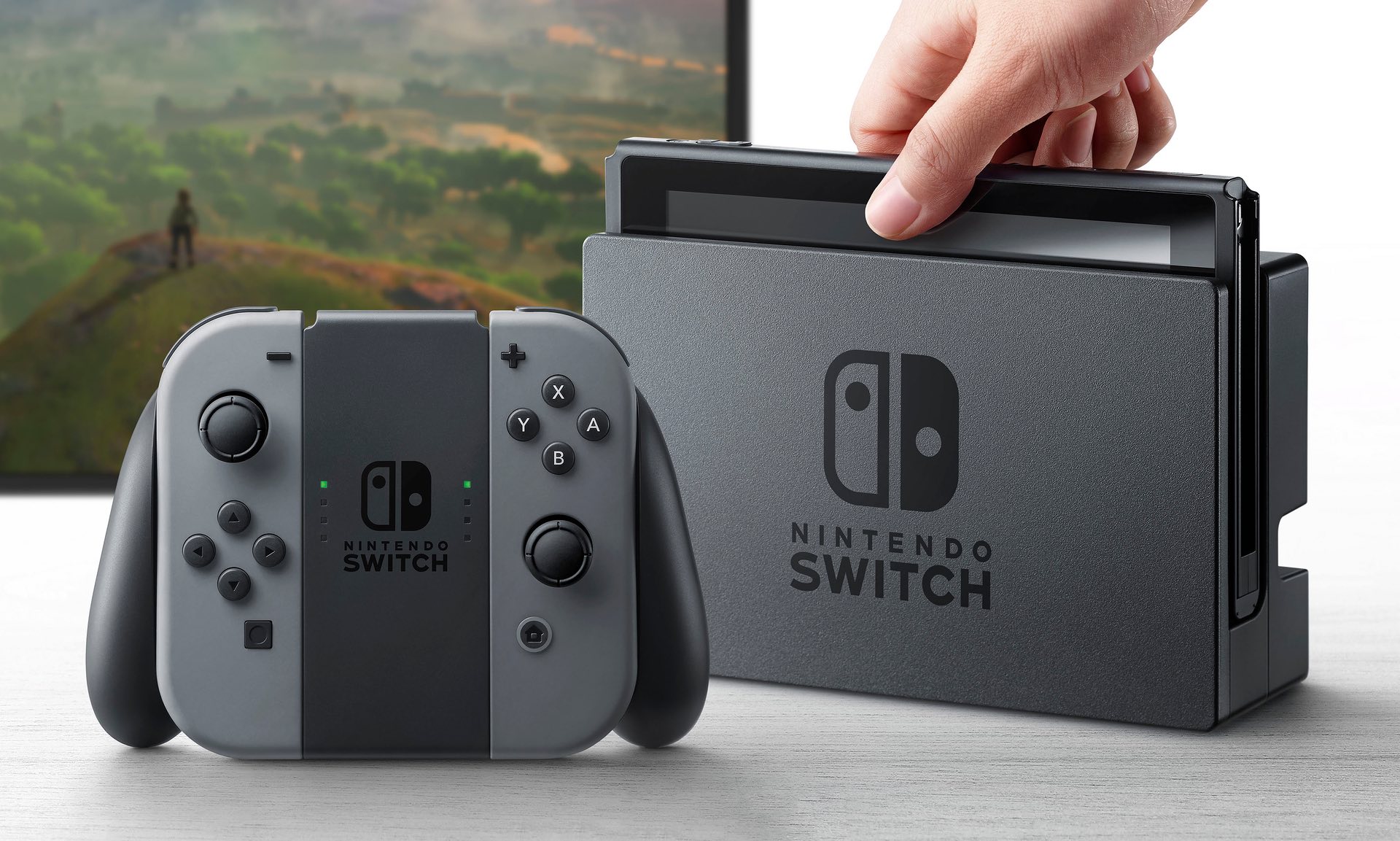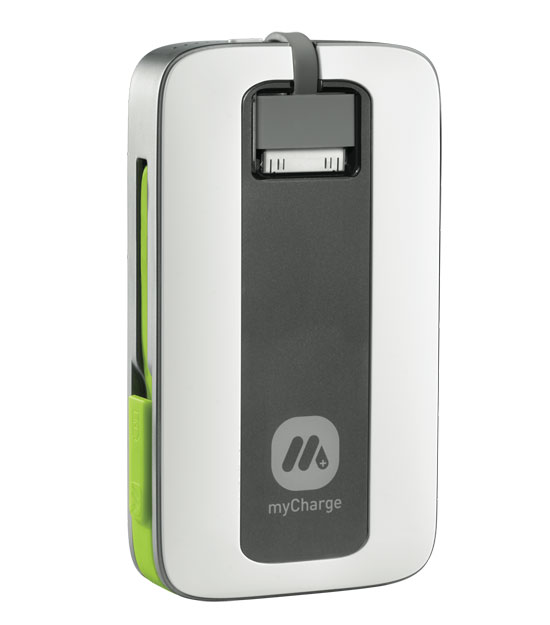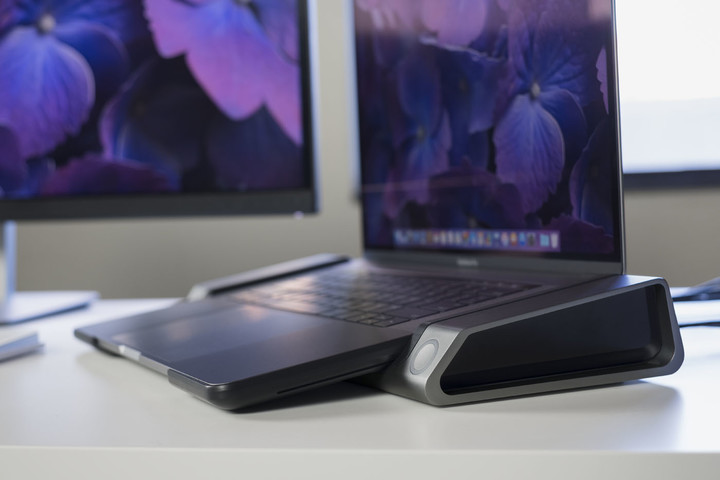Qualcomm Coerced Apple In An Exclusive Chip Deal
There have been several statements made by the United States Federal Trade Commission against Qualcomm, the mobile chip giant. The FTC revealed that Qualcomm coerced Apple into exclusively using its chips in exchange for reduced licensing fees for pushing the competitors out of the market. All the aforementioned facts were revealed by the federal agency in a latest unsealed antitrust suit against the mobile chip manufacturer.
Talking about Qualcomm, it is the most dominant supplier in the modem chip market which enables the smartphones to connect with the cellular networks, but for people looking to improve their cellular signal, there are services online that allow this, you can read more here about this. However, the chipmaker obtains a licensing fee for almost every latest phone across the globe. The FTC filed a complaint against Qualcomm in the US District Court which is located in the Northern California District. FTC revealed that the chipmaker based in San Diego had misused its dominant position for maintaining an illegal monopoly on its phone making partner companies such as Apple. The FTC further added that Qualcomm has even established signed an exclusivity trade agreement with Apple for the period from 2011 to 2016.
The chipmaker issued billions of dollars as rebate to the niche phone manufacturer for the arrangement. In case, Apple purchased modem chips from any other chip supplier during the aforementioned time frame, Apple would have been subjected to huge penalties by losing the rebate payments made by Qualcomm, revealed FTC. The chipmaker’s principal aim was to keep its competitors away from the iPhones. The FTC further revealed that the company recognised that any of its competitors that cracked a deal with Apple would become bigger and stronger. Thus, Qualcomm made use of the exclusivity agreement with Apple for stop it to work with as well as improve the effectiveness of the chipmaker’s competitors.
The exclusivity agreement concluded in September 2016. As per the reports and lawsuits, it seems that the phone maker has already started to break free off Qualcomm’s bindings. In other news, there were some versions of iPhone 7 that were released back in September 2016 that packed in chips from Intel, Qualcomm’s arch rival. As per the suit, the exclusivity deal dates back to the launch days of the pioneer iPhone back in 2007. Qualcomm had agreed to pay rebate in exchange for phone maker’s non-inclusion of the 4G cellular networks which was named WiMax back in the day. Intel was championing WiMax during that time. However, the WiMax quality gradually withered away.
FTC also said that Qualcomm used another strategy for keeping Apple from straying away to other chipmakers. Qualcomm threatened Apple to limit the iPhone’s access to the cellular chips apart from hiking the royalty payments. FTC has even requested a court order for preventing Qualcomm from anti-rival behaviour. Qualcomm in response has issued a statement. As per the statement, the chipmaker believes that the complaint is found on flawed legal speculation, a lack of economic support as well as vital misconceptions related to the mobile technology industry. The complaint only wants to promote the bargaining power and interests of the companies that have derived huge profits because of innovative cellular technologies developed by Qualcomm.
